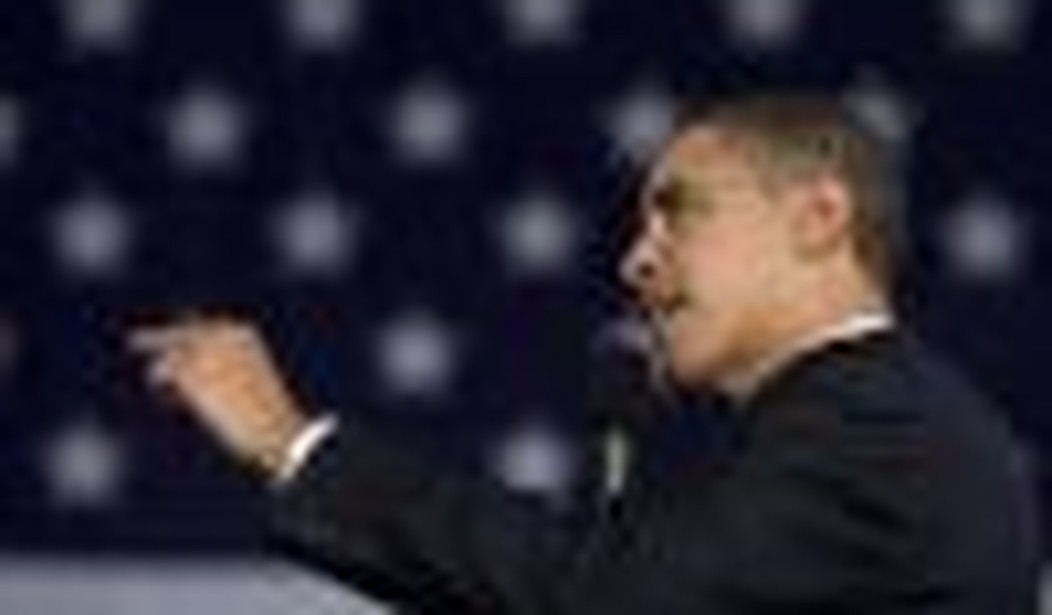All eyes are on President Barack Obama as he prepares to deliver his highly anticipated speech on jobs after Labor Day before a joint session of Congress.
What he is going to say is open to speculation. Advance teasers coming out of the administration suggest he will once again call for the creation of an infrastructure bank to fix roads, bridges and airports — and create thousands of new jobs for unionized workers; push for an extension of the temporary employee payroll tax holiday; and, as he did in his speech Tuesday to the American Legion, ask Congress to approve some kind of tax credit for companies that hire unemployed veterans.
Obama is also likely to call for another extension of unemployment benefits and increased funding for school construction and renovation. He may also, some analysts suggest, call for a temporary tax holiday that will allow U.S. corporations that do business in other countries to bring profits earned in those countries back into the United States at a reduced rate.
All of this is interesting, but almost none of it would have the effect of stimulating the American economy to any real degree.
In the main, the proposals that have leaked out amount to little more than a streamlined version of what Obama and Congress already did during the first year of his administration, measures that were supposed to keep unemployment from rising above 8 percent.
As we now know, the effort failed and the promise was made from whole cloth. Unemployment has been stuck above 9 percent for much of Obama’s presidency and does not look to be coming down any time soon. Additionally, the stimulus failed to stimulate the American economy. The U.S. gross domestic product grew by just 1 percent in the last quarter, leaving many economists to fear that a double-dip recession is in the offing.
It should be clear by now that massive public sector spending does not stimulate the economy, the writings and theories of John Maynard Keynes notwithstanding. It is especially worrisome that Obama appears to be considering even more of the same despite the fact that, on his watch alone, the federal debt has increased by 4 trillion dollars. That the government, as someone once said, cannot spend its way into prosperity is a lesson lost on the president and the members of his economic team. The keys to prosperity are, as Kennedy and Reagan both proved, in private hands.
The Republicans are already headed in another direction — setting up yet another confrontation with the White House.
House Majority Leader Eric Cantor began the week by outlining a series of legislative proposals he said would stimulate the economy by getting the federal government off the backs of the people who create jobs — especially American small business.
In a memo to his House Republican colleagues, Cantor outlined a program to repeal what he called “job-destroying regulations” that are preventing the creation of “middle class jobs”:
Our regulatory relief agenda will include repeal of specific regulations, as well as fundamental and structural reform of the rule-making system through legislation like the REINS Act, the Regulatory Flexibility Improvements Act, and reform of the Administrative Procedures Act.
The assault on the federal regulatory structure is long overdue. According to the non-partisan Phoenix Center for Advanced Legal & Economic Public Policy Studies, a 5 percent across the board cut to federal regulatory agency operating budgets would produce $75 billion in new GDP growth and create 1.2 million new private sector jobs each year.
Cantor also said the House GOP would focus on finding ways to provide immediate tax relief that will create jobs, not just put money in people’s pockets. Two ideas he identified as being under consideration are the permanent repeal of the 3 percent withholding rule scheduled to go into effect in 2013 and a proposal that would allow small business people to take a tax deduction equal to 20 percent of their income.
“The goal was simple,” Cantor said in the memo. “Immediately free up funds for small business people to retain and hire new employees, and reinvest in and grow their businesses.”
There are other things Obama could do that would actually stimulate the economy, including the transmission of several pending free-trade agreements to the Senate for ratification. What he appears ready to do, however, is an entirely different matter. Based on the portions of his plan that have emerged thus far, he plans to help his friends, do nothing for his foes, and prepare to roll the dice in November of 2012 — hoping that he has done enough to help his political base that he can win re-election.









Join the conversation as a VIP Member